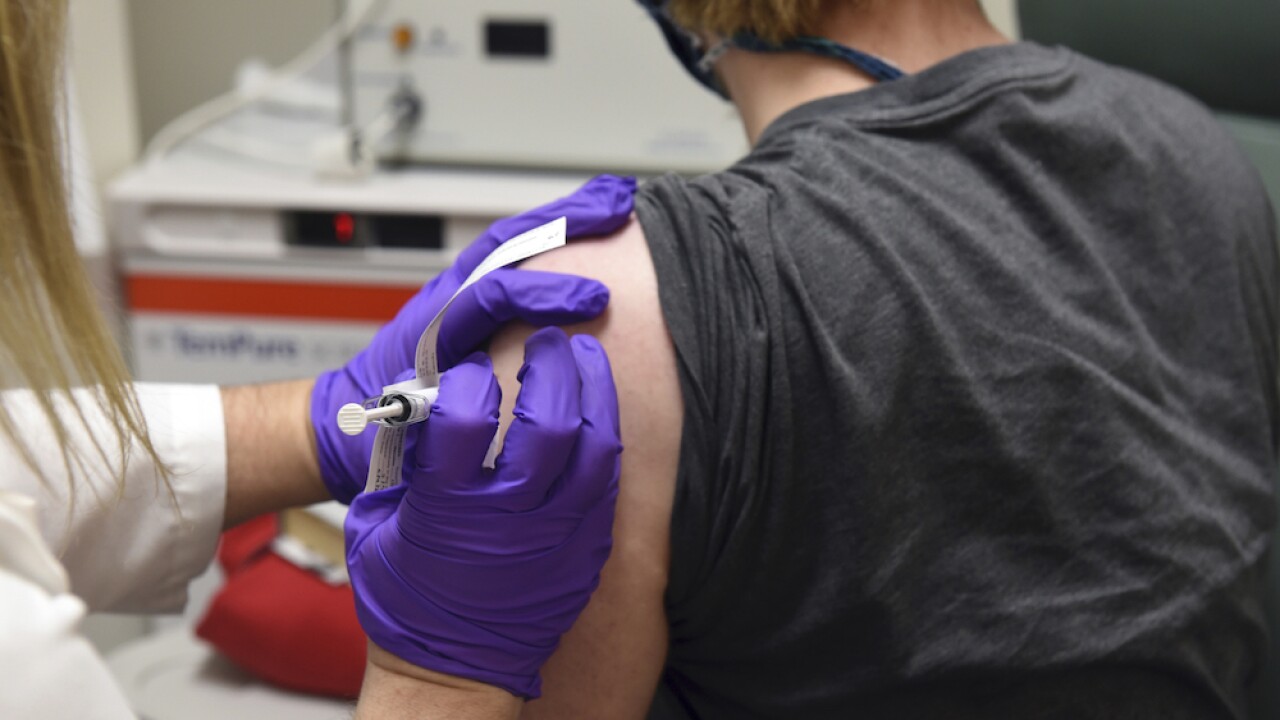NASHVILLE, Tenn. — More people are getting access to the COVID-19 vaccine than ever before, expanding to everyone 16 and up in less than two weeks.
But now, the technology driving the Pfizer and Moderna vaccines could end up helping cure other diseases.
With the increased rollout of the first two COVID vaccines, more and more people are benefitting from how the vaccine works, using what’s called mRNA technology.
The "m" stands for messenger.
The vaccines work by passing along a message or code that teaches our cells to build a protein that triggers an immune response. That immune response is what develops antibodies to protect against COVID.
Now BioNtech says it’s going to apply the same technology to try to create other disease-eradicating vaccines.
Doctor William Schaffner at Vanderbilt Medical Center says mRNA vaccines could be the wave of the medical future, but these vaccines could take 10 years or more to develop.
"It may take a little while. It’s not going to be as quick as developing a new COVID vaccine, but nonetheless, I think there will be a lot of scientific activity working with mRNA in new areas," Schaffner said.
Schaffner says he thinks pharma companies, which have profited greatly with the development of the COVID vaccine will use some of that money toward new research that could spur the development of new mRNA vaccines.
This story was first published by Jason Lamb at WTVF.



